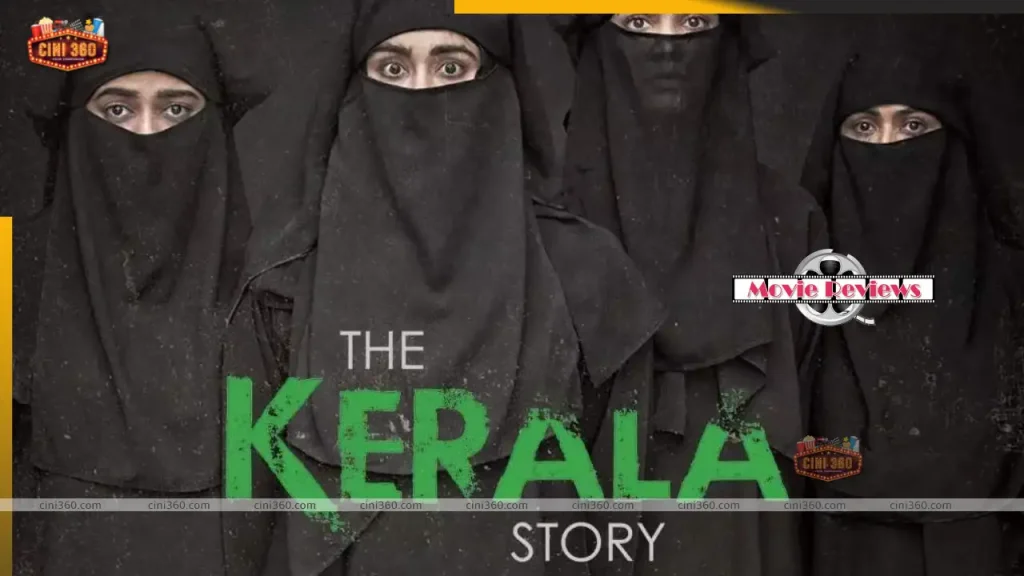The Kerala Story tells the stories of three young girls from different parts of Kerala, with Shalini’s abduction and subsequent conversion to Islam receiving the most of attention. After becoming radicalised, Shalini is forced to join ISIS as a terrorist.
The purported radicalization and conversion of young Hindu women to Islam in Kerala, followed by their coercion into joining ISIS, is the subject of the book “The Kerala Story.” According to the movie, the tale of three young girls from various regions of Kerala is genuine.
The first scene of “The Kerala Story” takes place in the interrogation room when Shalini (Adah Sharma) describes her gruesome and terrible background and the circumstances behind her current predicament. Four college students from Kerala’s Kasargauda have enrolled in a nursing programme in her history. Shalini, who has strong bonds with her roommates Gitanjali (Siddhi Idnani), Nimah (Yogita Bihani), and Asifa (Sonia Balani), tells the narrative. Asifa is working behind everyone’s back to expose and convert her roommates to Islam. She ensures that the girls are radicalised and brainwashed into the faith using hallucinogenic substances with the help of her male colleagues from the outside. Shalini is forced to marry someone other than the man who caused her to get pregnant when she becomes pregnant, and she then sets off on a protracted journey to Syria via Pakistan and Afghanistan.
Adah Sharma gives a strong and moving performance as Shalini, afterwards known as Fatima. Her diligence in perfecting the Malayali accent is seen on film. Although many of the actors, including Yogita Bihani, Sonia Balani, and Siddhi Idnani, are amateurs, they give their all to make their stories come to life. The film’s approach, with various upsetting images, situations, and dialogues, makes it tough to watch since director Sudipto Sen chose a sensitive and complicated topic.
The director of the film has expertly crafted scenes in it that cause spectators to feel naturally uneasy. Striking a balance while talking about delicate topics might be difficult, but Sudipto seems to be able to do it with ease. The sceneries in Afghanistan and the areas around the Afghanistan-Pakistan border have been beautifully captured by Prasantanu Mohaptra. The movie’s background music, however, is inadequate. It is overwhelming and takes attention away from the story.
Although the scenes in the hostel with the girls are well done, there are other unimpressive and boring parts of the movie, particularly when Asifa tries to radicalise and brainwash Shalini. It’s crucial to use caution while seeing the horrifying rape incident at the ISIS slave camp.
The movie occasionally seems more like a lesson on radicalization than something the audience would find entertaining. Additionally, it goes to great lengths to make its point, which may be disturbing to viewers from a variety of communities in our nation. You could have a lot of questions concerning the present situation of the nation after seeing “The Kerala Story.” This frightening and thought-provoking movie makes an effect without a doubt.




